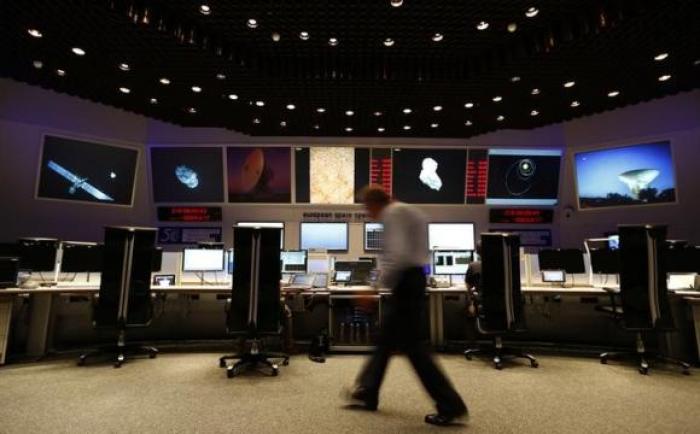Historic Rosetta Mission to Land First Probe on Comet Can Help in Search for Alien Life, Says Researcher

The European Space Agency has reported that the historic mission to land a probe on a comet for the first time has passed the point of no return on Wednesday, with the Philae lander having separated from the Rosetta mother ship. The president and CEO of the Search for Extraterrestrial Intelligence Institute has meanwhile said that the mission can help scientists in the search for alien life.
BBC News reported that the robot will attempt to land on the Comet 67P/Churyumov-Gerasimenko, which is almost 317 miles away from Earth.
It would be the first time a probe has successfully landed on a comet, and it will seek to explore its composition.
"It's all down to Issac Newton and the laws of physics now. Philae is on its way down to the surface," said Prof Mark McCaughrean, senior science adviser at the ESA.
"If Isaac's friendly to us, we'll have a great landing later today."
David Black, SETI's president, has meanwhile said that the expedition can help provide clues in the search for alien life.
In an article for CNN on Tuesday, Black, who has also chaired advisory committees for NASA and the National Science Foundation, said that the Rosetta mission will seek to explore the comet as a key to understanding the formation of the solar system.
"Scientists also hope the mission will provide an insight into Earth's earliest years. Comets bombarded the young Earth. Did they bring with them much of the water that still exists on our home planet, as well as the organic molecules that life needed in order to arise on Earth?" he asked.
Talking about his SETI institute, the researcher said that it shared Rosetta's mission to explain the origin and nature of life in the universe.
"The word 'life' for a researcher at the SETI Institute can be anything from a single-celled organism to a technological life form far more advanced than humans," Black said.
"It is the latter life form — extraterrestrial intelligence — that people typically associate with the SETI Institute. And the search for such intelligence stands in remarkable parallel to the spirit of Rosetta."
He added that although the search for alien life has not produced any results in the past three decades, he argued that scientists have "barely scratched the surface" in the quest.
"There are several hundred billion stars in our galaxy, and a similar number of galaxies in the known universe, all containing their own billions of stars," the researcher pointed out.
The debate on whether extraterrestrial beings could possibly exist has also spun around Christian circles in recent months.
In September, the new president of the Vatican Observatory Foundation, Jesuit Brother Guy Consolmagno, argued that it is only a matter of time before alien life forms are discovered, and suggested that such a revelation will present some interesting questions about God's relationship to intelligent beings outside our planet.
The Vatican's embrace of the possibility of alien life stands in contrast with other views, such as those of Creation Museum CEO and President Ken ham, who has insisted that God did not create life outside of Earth. The creationist also slammed NASA programs probing for alien life.
"I'm shocked at the countless hundreds of millions of dollars that have been spent over the years in the desperate and fruitless search for extraterrestrial life," Ham wrote in a blog post for Answers in Genesis in July.
The ETA website is providing live updates on Wednesday on how the Rosetta mission is progressing. The probe is expected to touch down on the comet later on the same day.




























